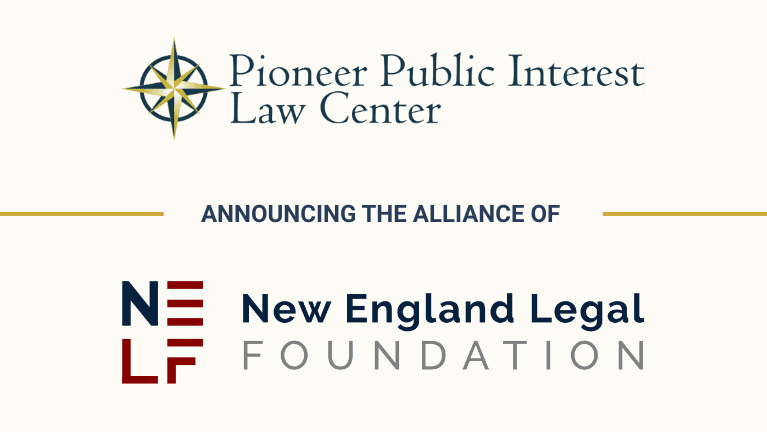Defending Adherence to Required Procedures for Promulgating
Regulations that Impose Burdensome New Housing Requirements on Towns
Attorney General v. Town of Milton, Massachusetts Supreme Judicial Court, SJC-13580
This case concerns zoning law “guidelines” issued by the Executive Office of Housing and Livable Communities (EOHCL) to help communities like Milton to create districts of multi-family housing near public transportation nodes. These mandated districts are yet another effort of the legislature to deal with the state’s perennial housing problems. The Attorney General has sued Milton for failing to enact the zoning bylaws needed to create a district. NELF believes that EOHCL’s guidelines are unenforceable because not lawfully promulgated.
In 2020, in response to the Commonwealth’s housing shortage, the legislature enacted the MBTA Communities Act (MCA), G.L. c. 40A, §3A. The MCA comes after decades of legislative attempts to spur housing construction, especially “affordable” housing. Under the MCA, municipalities that are designated as within the service area of the Massachusetts Bay Transportation Authority (MBTA) are each required to zone “1 district of reasonable size” in which multi-family housing is permitted as of right. The district must “(i.) have a minimum gross density of 15 units per acre . . . ; and (ii.) be located not more than 0.5 miles from a commuter rail station, subway station, ferry terminal or bus station, if applicable.” EOHLC is responsible for issuing interpretive “guidelines” as to how to zone a district in compliance with the MCA.
After Milton’s residents voted against adoption of an MCA-based zoning bylaw, this action followed, seeking declaratory and injunctive relief against the town. Milton raises four arguments against this action, and NELF has filed an amicus brief supporting the town in its principal one.
NELF argues that the guidelines are unenforceable because they were not promulgated via the procedures found in the Administrative Procedures Act (APA), G.L. c. 30A. They plainly form a set of standards and requirements within the scope of c. 30A, §1 (covered “regulation” is “the whole or any part of every rule, regulation, standard or other requirement”). The test is simply whether the thing in question falls within “the usual and natural meaning of the [statute’s] words.” The Attorney General’s own purported enforcement action itself assumes, of course, that the guidelines constitute a set of required standards.
NELF urges the Court to reject the Attorney General’s attempts to narrow and distinguish terms because, as the Court has stated, “[g]iven the purpose of the APA, we interpret its definition of regulation broadly.” NELF also urges the Court to decline the Attorney General’s invitation to regard failure to comply with c. 30A as “harmless error,” for the APA’s “purpose is to establish a set of minimum standards of fair procedure below which no agency should be allowed to fall and to create uniformity in agency proceedings,” as the Court has observed in the past.


